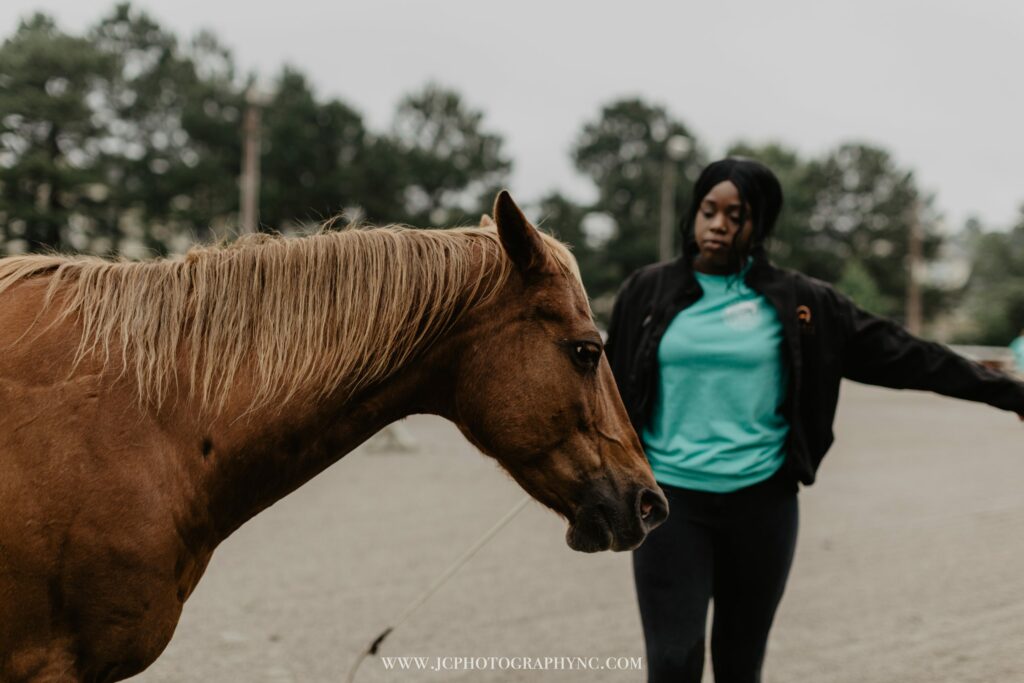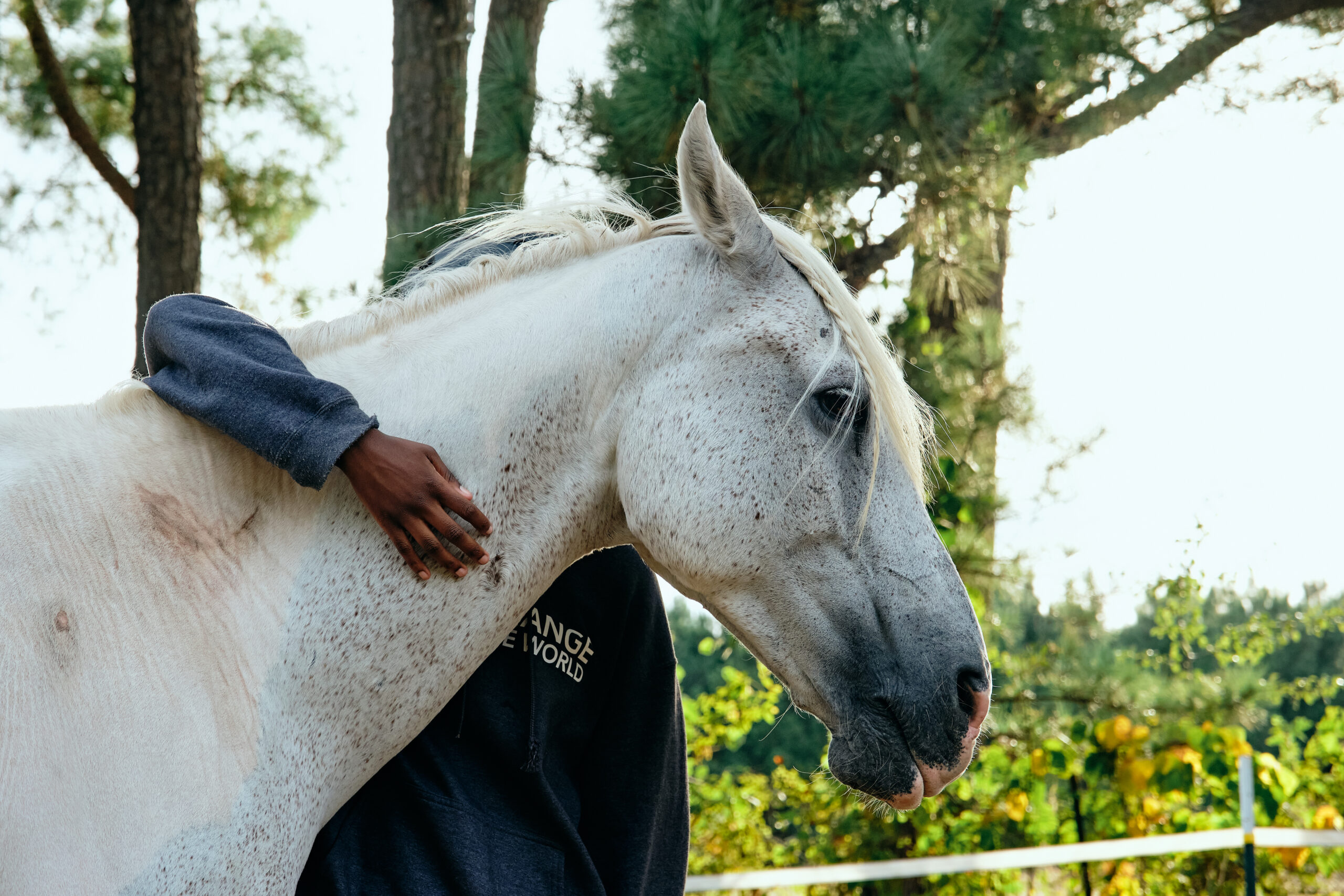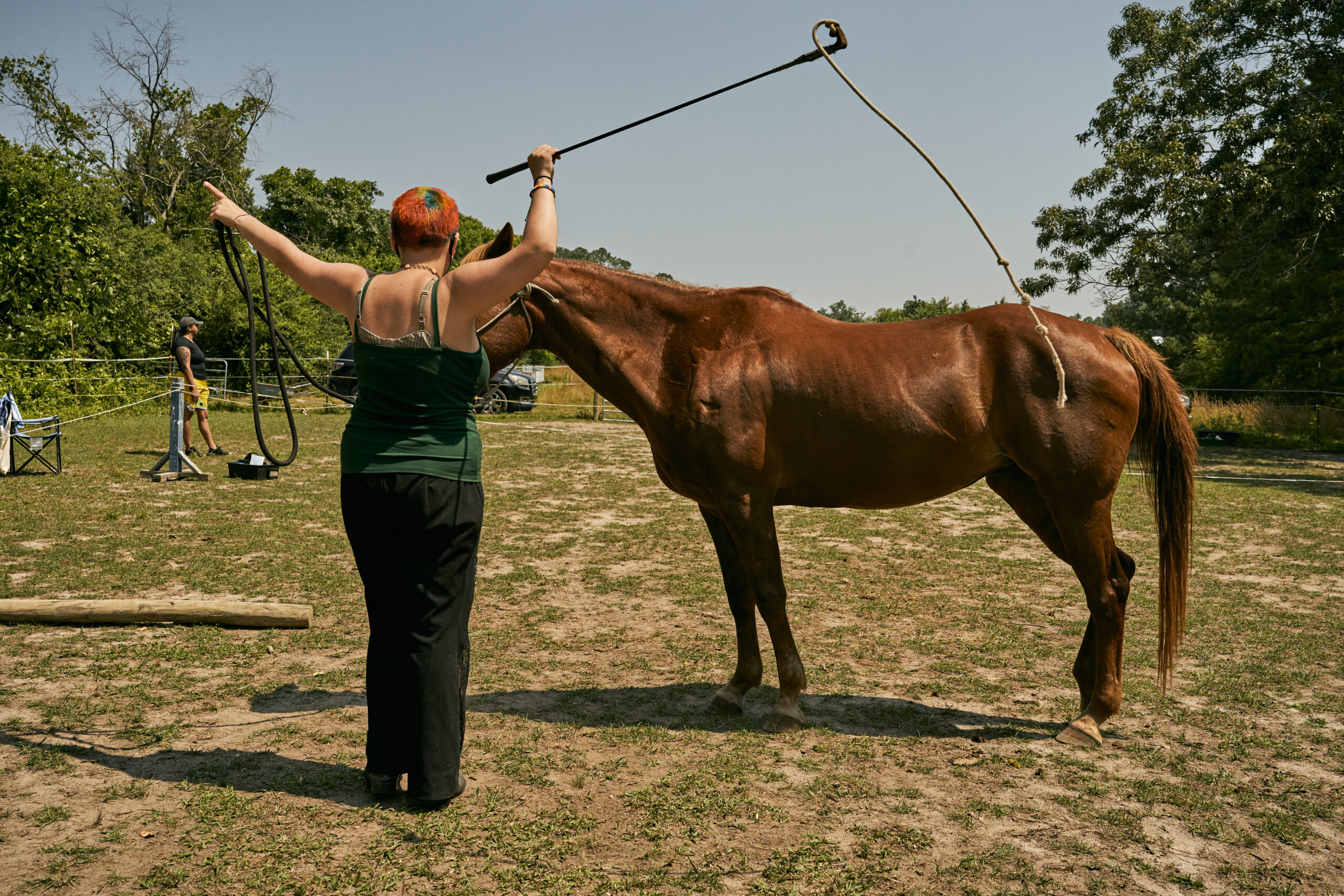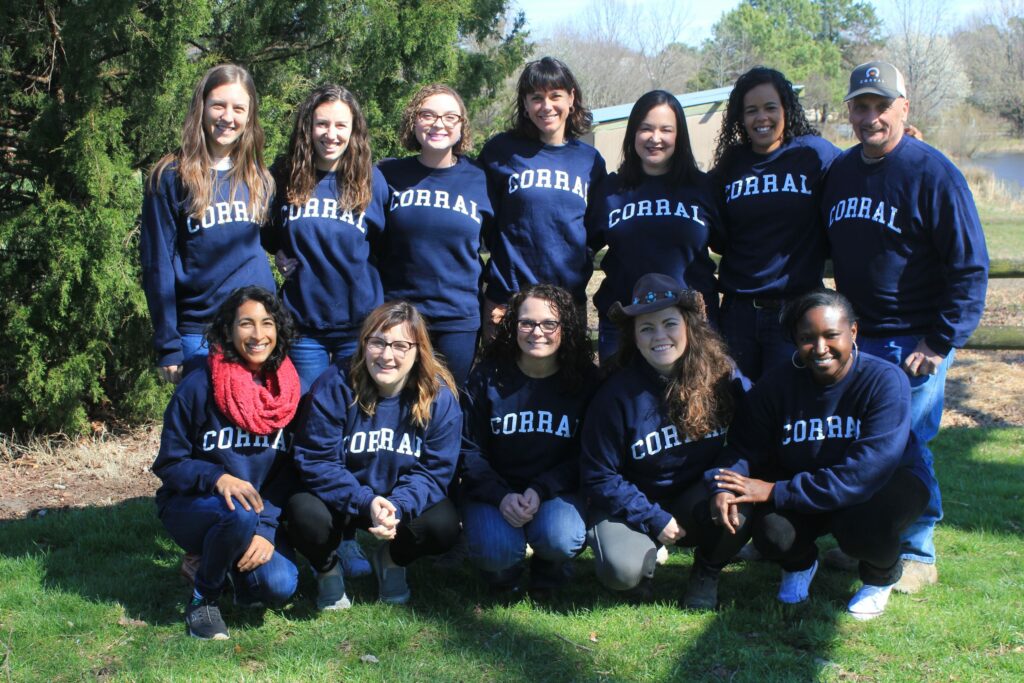We serve the highest-risk girls in our community, the majority of whom come from the juvenile courts. And, we’ve seen the anger on their faces dealing with a system rooted in systemic racism, mirroring that found in the adult criminal justice system. In North Carolina, juvenile offenders may only be subject to hearings, rather than trials, between the ages of 6 and 17. But, unlike adults, they are not entitled to a jury. Instead, they are judged as “delinquent” rather than guilty at the discretion of a judge. If found to be undisciplined, the court can typically order the child to spend time in a detention facility in the hopes of focusing towards rehabilitation. Yet, due to racial disparities in delinquency cases, fair and unbiased rehabilitation isn’t always the case.
A growing body of research, such as this one from Prison Policy, shows that youth of color are over-represented at every stage of the juvenile court system. Across the board, 42% of the boys and 35% of the girls that make up the population in juvenile facilities are Black. Many black youth face systemic discrimination that leads to increased interactions with law enforcement and increased arrest for minor offenses. Once within the juvenile justice system, minority youth are committed to detention centers more frequently than their white counterparts. This may be in part to a system that exposes vulnerable young people to judges who may be accused, even if unconsciously, of making decisions on the basis of race. For example, 82% of 72 studies that examined the processing of youth at nine different decision points showed that there was a positive race effect toward the differential treatment of minority youth. Most importantly, evidence of a race effect was greater at the earlier stages of the process, including arrest, referral to court, and placement in secure detention.
What are we doing as a community?
Research also shows that there are viable and proven alternatives to sentencing for youth, especially for those who are targets of systemic racism. Organizations like Juvenile Crime Prevention Center (JCPC) refer participants to CORRAL in the hopes of intervening in the lives of young people before they are on the road to incarceration. CORRAL is considered an alternative program to commitments, detention centers. Ultimately, these programs lower the risk of committing future criminal behavior in the future, as shown in this report. According to the NCDPS, 96% of youth in the juvenile court system are highly likely to re-offend, meaning without alternative programs, like CORRAL, the youth would repeatedly end up in trouble.
By maintaining a safe space, at-risk girls in Wake County, regardless of race, ethnicity, religion, language, sexual orientation or socio-economic status, can embrace the healing and empowering services we offer that lead to transformational life-change. Furthermore, our programming is free for the girls, thanks to the generosity of our supporters and community foundations. Together, we offer pathways that allow these vulnerable and precious girls to reclaim their futures.
What can you do now?
Please share this with someone who is equally passionate about racial equity, and/or consider an investment in one or more of our girls’ futures here.





